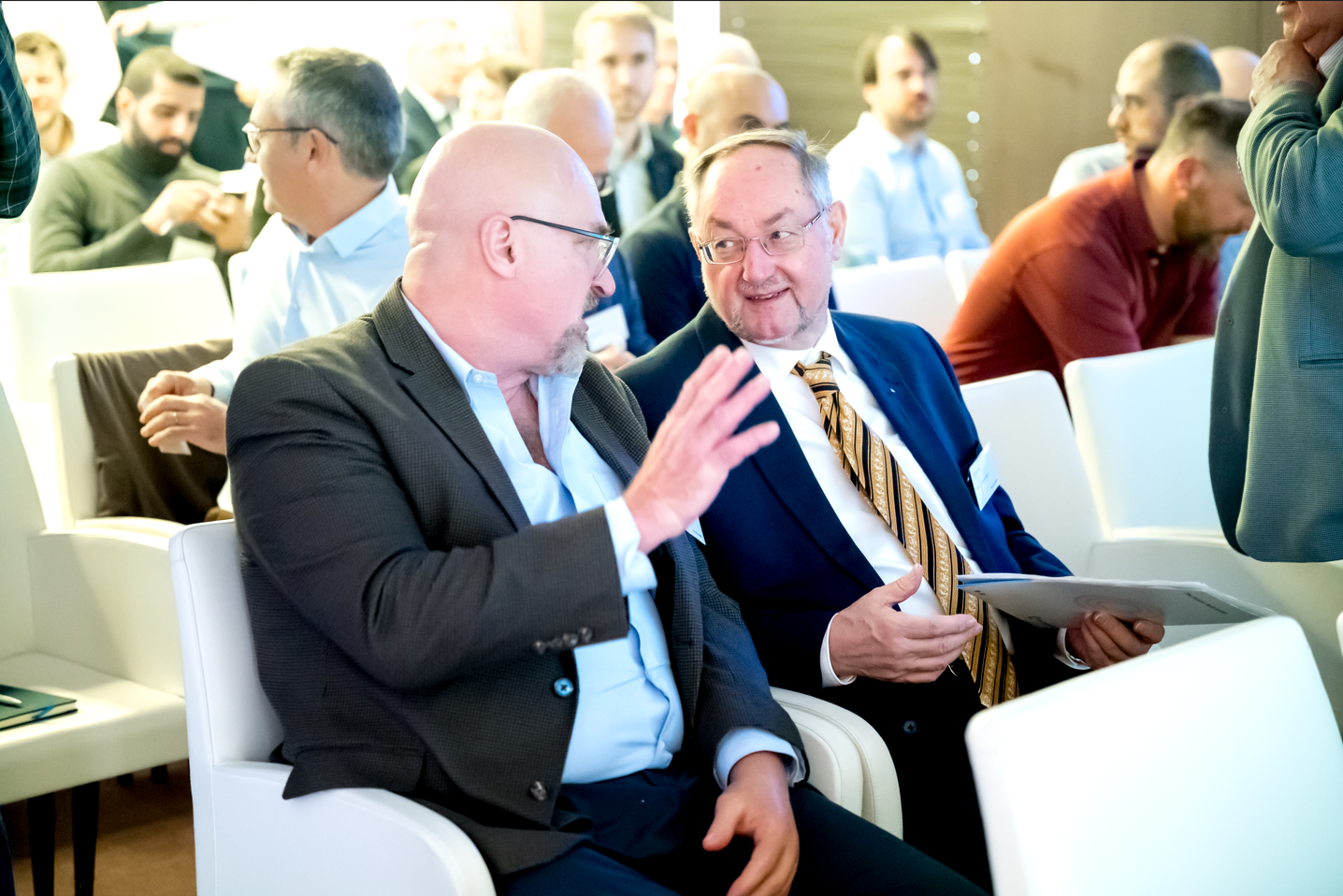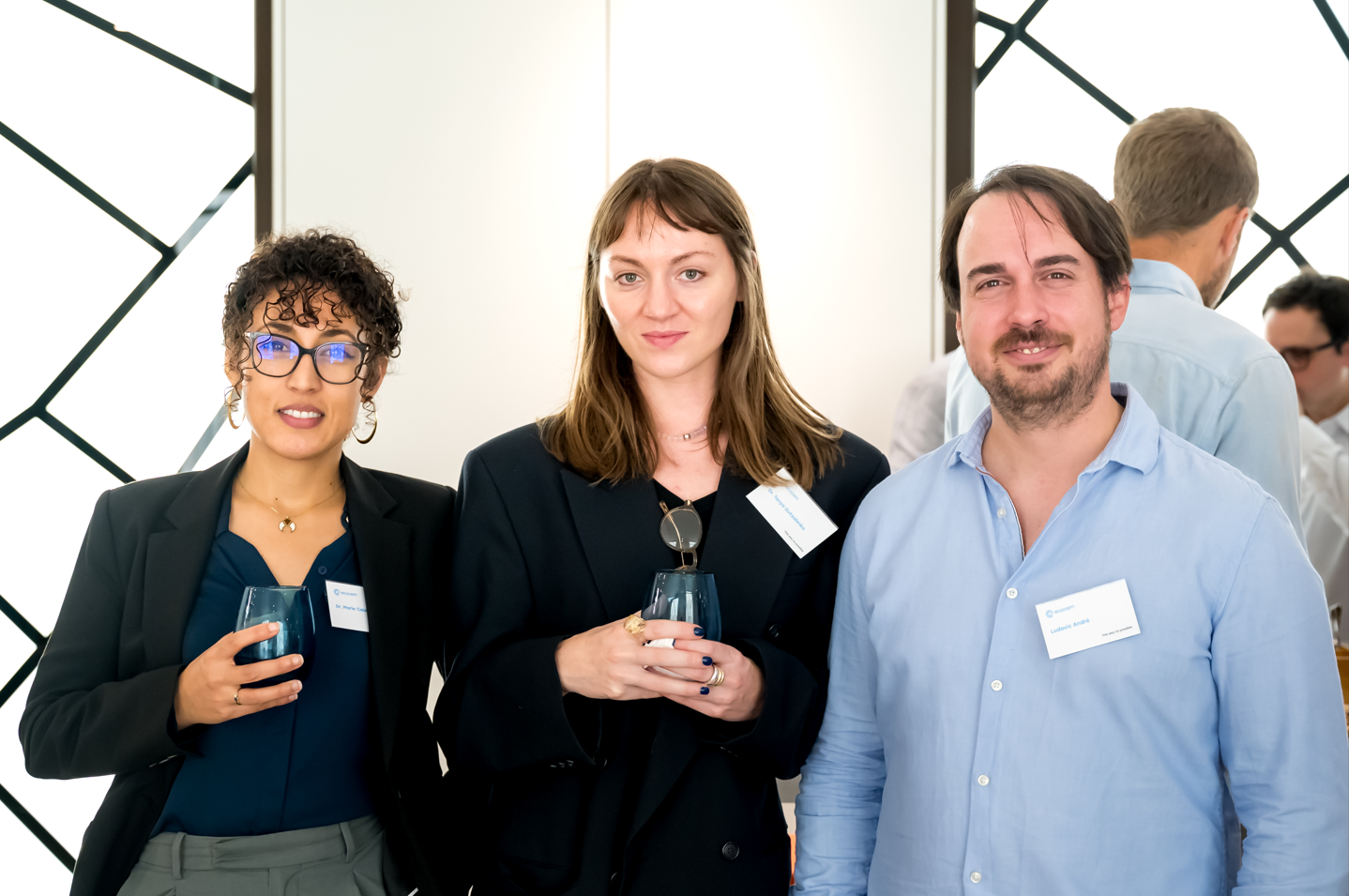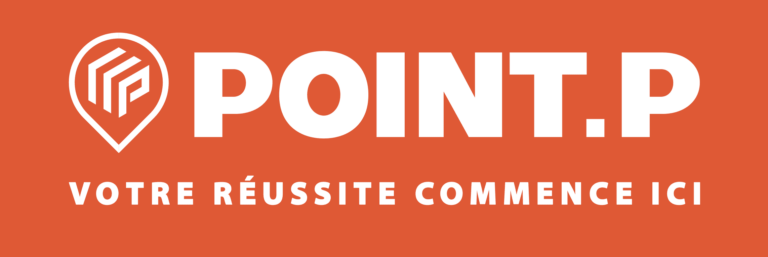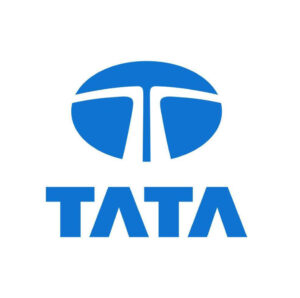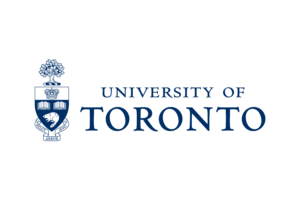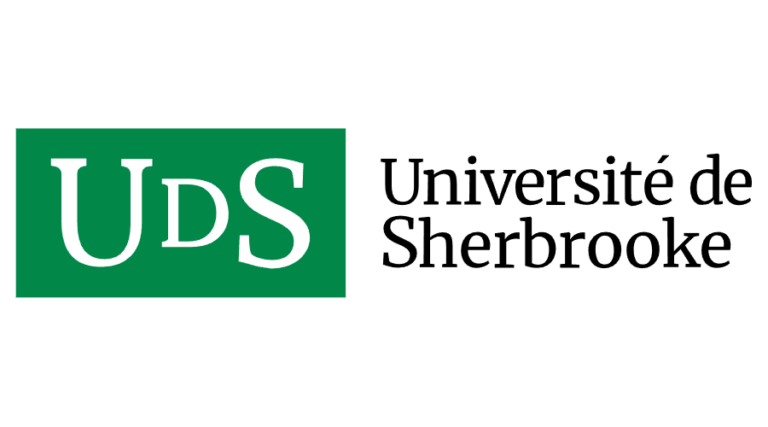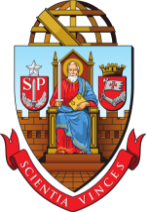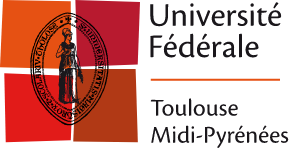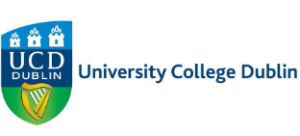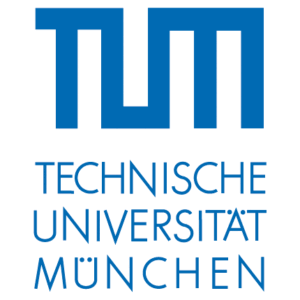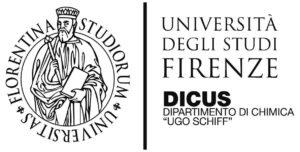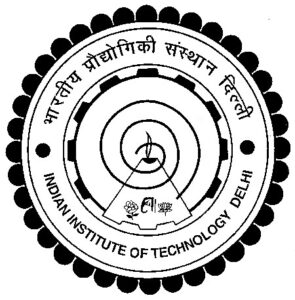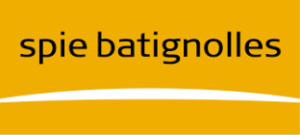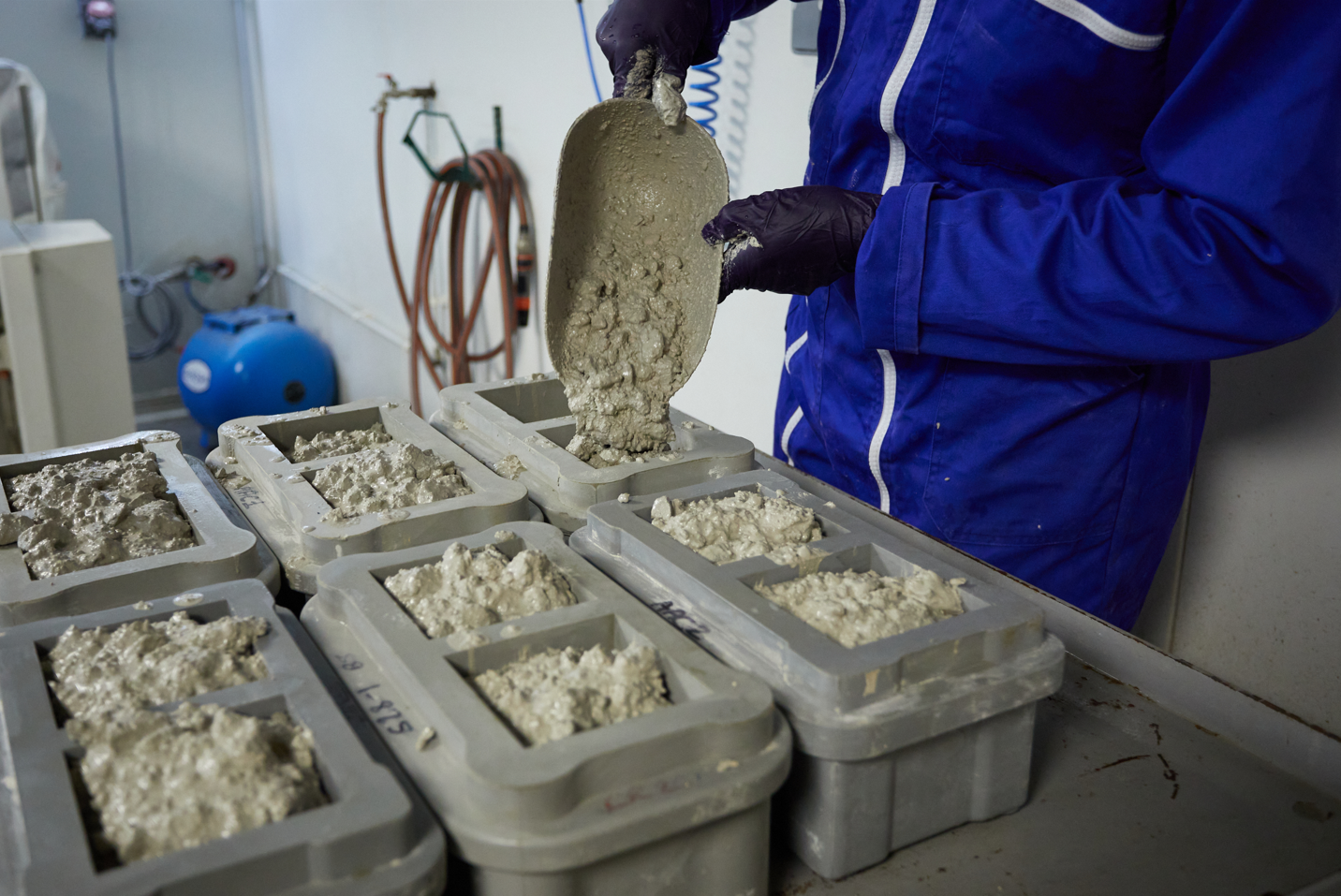
From Sao Paolo and Toronto to Toulouse and Delhi, we have established a strong network of collaboration with universities worldwide. We work with some of the world’s leading materials scientists on the development of our low carbon applications. Their expertise and insights help us challenge the status quo and push the boundaries on the development of next generation low carbon solutions.
This network of research and academic partners supports collaboration, validation, and future dissemination of ground-breaking technologies worldwide. Its members advise us on next generation cement technologies and their contribution is invaluable to producing scalable solutions that can help the entire industry decarbonise.
With our focus on future innovation and talent, in addition to our own innovation centre in Paris, and our two shared research laboratories with Ecole Normal Superieure (ENS) University of Paris Saclay and Toulouse University, we fund an additional eight PhDs at universities around the world. This gives us a global technology perspective, deep expertise, and access to global resources.
Our focus on R&D over the last twenty years has delivered a range of low carbon solutions already used in major infrastructure projects. ACT, the team’s latest innovation, has cracked the scalability challenge and found a solution that can decarbonize the cement sector in line with limiting global warming to 1.5°C. Adopting ACT widely means the cement industry can reduce its global emissions rapidly and cost-effectively and has the opportunity to be the first industrial sector to comply with a 50% reduction in emissions by the end of 2030.
Take a look at our latest inaugural science symposium, held in Paris, France in November 2023. The event brought together leading materials scientists from across the globe, representing a wide range of institutions to discuss low carbon cement solutions.
